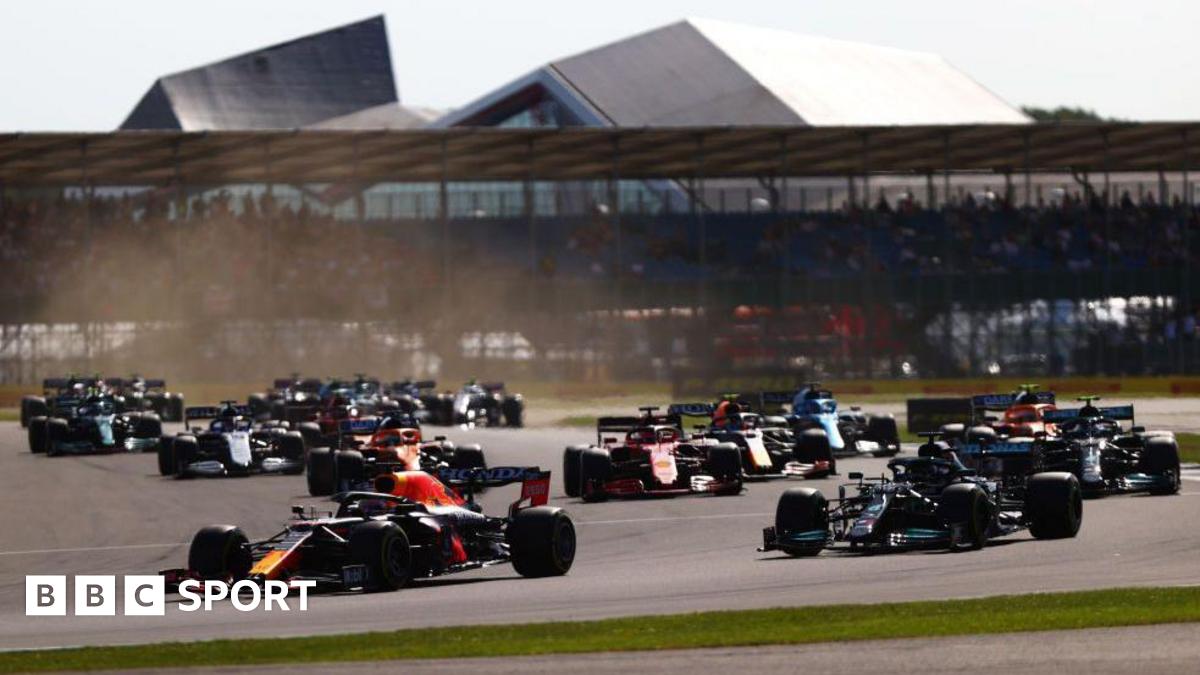It features a new race in the Spanish capital Madrid. This is in addition to the event at Barcelona’s Circuit de Barcelona-Catalunya, which has hosted the Spanish Grand Prix since 1991.
Barcelona’s contract runs out after next season but it is in the running to be one of the events that rotates with the Belgian Grand Prix, whose new contract sees it host races in four of the next six years.
Other events to have expressed an interest in rotating are Germany, Portugal and Turkey.
F1 is also working on finalising plans for a new race in Thailand’s capital Bangkok, perhaps from 2028.
There have been six sprints each year since 2023 and F1 has not increased that for 2026 because of the added strain on the teams as a consequence of the new chassis and engine regulations that are being introduced.
However, F1 bosses are considering increasing the number of sprint events from 2027 to as many as 12, which would mean sprints at half the races during the season.
A sprint event features a shorter race with its own qualifying session, before qualifying and the main event. A traditional grand prix weekend has three practice sessions before qualifying and the grand prix.
There are also discussions about modifying the format of sprint events, which could include trying out reverse grids.
F1 president Stefano Domenicali said: “With four competitive sessions rather than two during a conventional grand prix weekend, F1 sprint events offer more action each day for our fans, broadcast partners and for the promoters – driving increased attendance and viewership.”
Sprints also generate more income for the sport as promoters are prepared to pay a premium to host them.
Domenicali added: “The 2026 season will usher in a new era of regulations, so having three new sprint venues will only add to the drama on track.”
